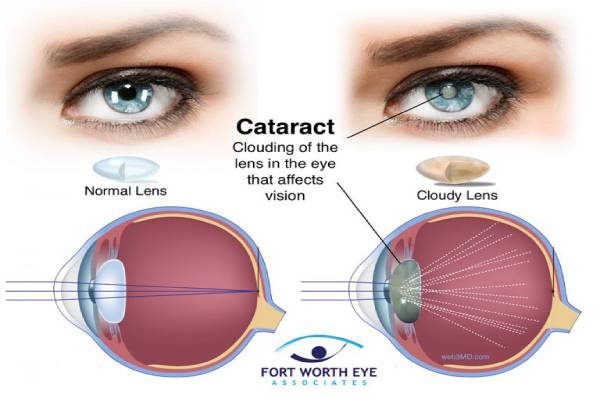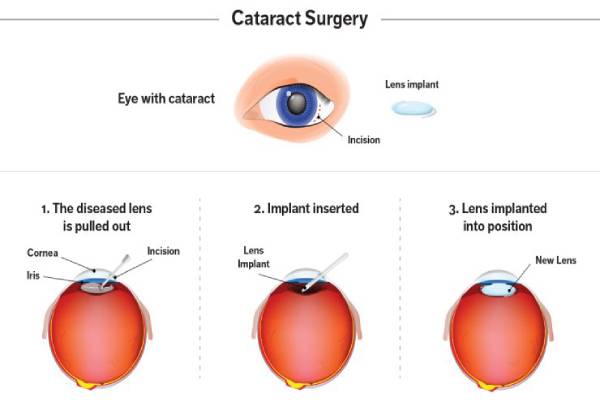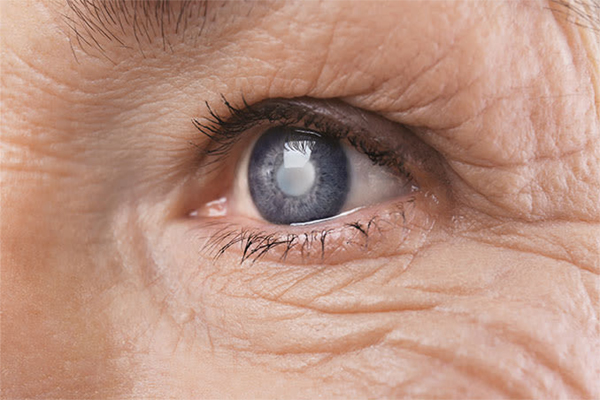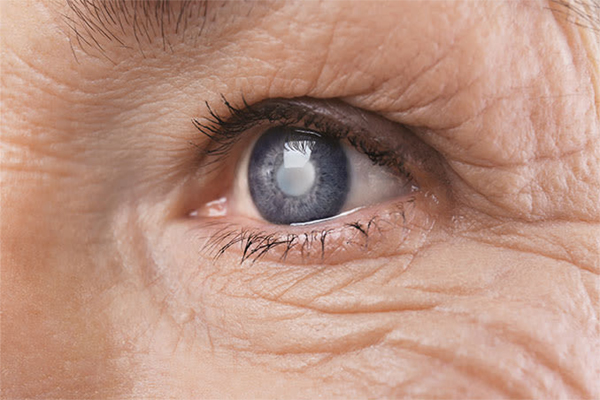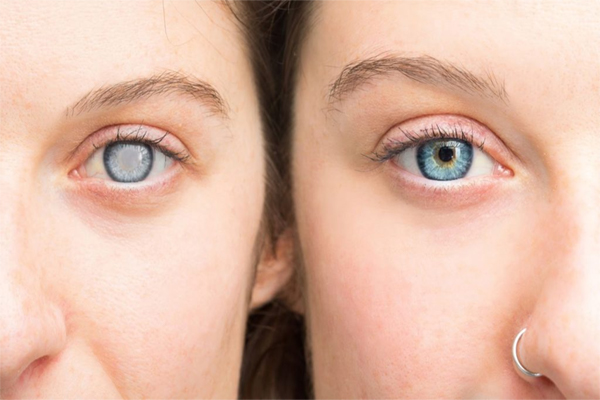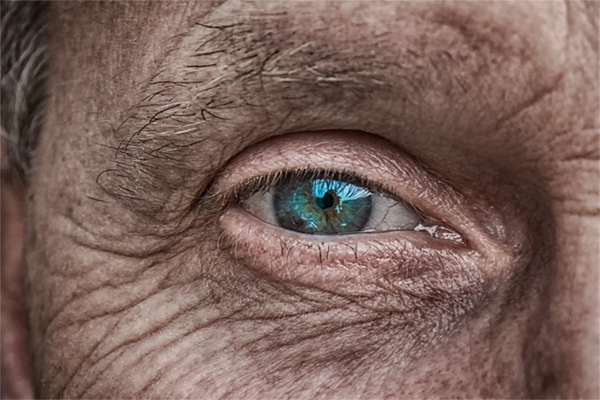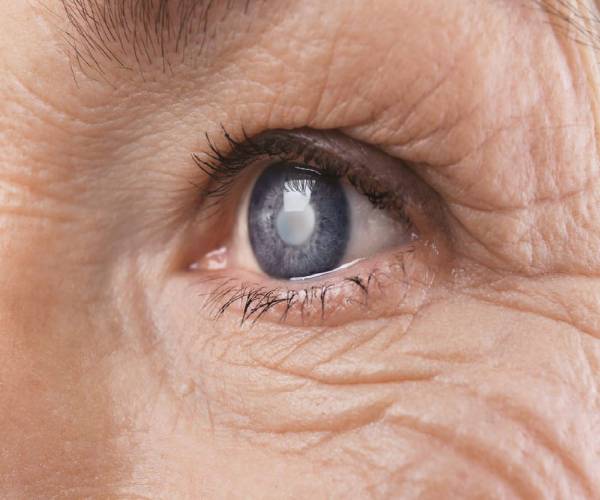A cataract is a type of eye disease. For people with cataracts, watching the surroundings is like watching outside of a frozen or foggy window.
Like any other disease, cataract has complications. For example, people with cataract have difficulty reading a text, driving, especially at night, and seeing facial expressions of other people.
Cataract usually develops over time, which means you will not have vision problems from the beginning. However, over time, the cataract will cause problems for your eyesight.
In early stages of cataract, wearing strong glasses can help you greatly reduce the side effects of this disease.
As cataracts gets worse over time, wearing different glasses will not help and you will need surgery.
Fortunately, cataract surgery is not a difficult procedure and in most cases is performed with a high success rate.
Cost of Cataract Surgery in Iran
Cataract surgery can be performed in Iran for between $1,400 and $1,500. As in every other country, this cost differs based on location and clinic.
This surgery can be performed for $5,000 to $5,100 in the United States. The cost of cataract surgery is $4,000 to $ 4050 in Turkey.
But if you choose a European country to go under this surgery, you have to pay $2,800 to $2,900. If your chosen country is India, you have to pay between $1,600 and $1,700.
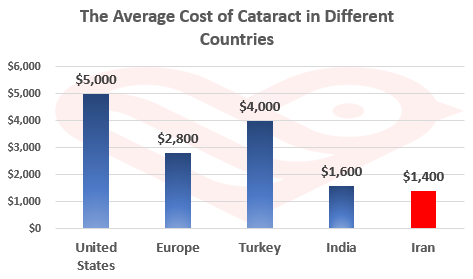
General Information

Anesthesia: Local anesthesia

Recovering : 3 – 4 days

Duration of Action: 20 – 30 minutes

Hospitalization: A few hours

Back to normal life: 7 – 10 days

Cost: From $1100

Bronze Package

From $1100
No hotel

One eye Operations’ costs

e-Visa Authorization Code and Travel Insurance

Clinical Visit

Clinical Imaging and Lab Tests

Interpreter

Urban and Airport Transportation

Patient Follow-Up

Medical Counseling

Free SIM Card and Internet

Medications

One-Day City Tour with Free Dinner

Silver Package

From $1145
1-night stay in a 3-stars hotel

One eye Operations’ costs

e-Visa Authorization Code and Travel Insurance

Clinical Visit

Clinical Imaging and Lab Tests

Interpreter

Urban and Airport Transportation

Patient Follow-Up

Medical Counseling

Free SIM Card and Internet

Medications

One-Day City Tour with Free Dinner

Golden Package

From $1175
1-night stay in a 5-stars hotel

One eye Operations’ costs

e-Visa Authorization Code and Travel Insurance

Clinical Visit

Clinical Imaging and Lab Tests

Interpreter

Urban and Airport Transportation

Patient Follow-Up

Medical Counseling

Free SIM Card and Internet

Medications

One-Day City Tour with Free Dinner
Visit Iran with Us
Moj Aramesh Amitis Company has considered the best and most luxurious hotels to host you in various cities such as Tehran, Mashhad, Tabriz and Shiraz to ensure your welfare and comfort during the stay. Depending on the package you choose and the location of the hospital where you will go through the treatment process, you can stay in one of these three to five star hotels. Also, the rich history of Iran and the pristine and wonderful nature of this vast country has created a good opportunity for you dear applicants to enjoy the pleasure of sightseeing one of the most beautiful countries in the world along with treatment.
Hotels Iran Tourism



Daily Schedule

- Arrival in Tehran (IKA Airport)
- Pick-up by AmitisMedTour staff, transfer and hotel check-in
- Referring to AmitisMedTour office for a briefing
- Initial visit at the surgeon’s office and pre-op tests and instructions
- Welcome dinner with AmitisMedTour staff
- Depending on arrival date and time, surgeon’s visit may be arranged on the 2nd
- Guided city tour with AmitisMedTour staff
- Should the patient desire to have the minimum stay, this day can be omitted.
- Clinic admission
- 30 to 60 minutes in the OR, local anesthesia
- Post-op instructions by the surgeon
- Rest in the hotel
- Post-op visit at the surgeon’s office to receive post-op care instructions for the following weeks.
- Referring to AmitisMedTour office for finalizing payments
- Farewell dinner with AmitisMedTour staff
- Preparation for departure: hotel check-out and transfer to IKA airport
- During Covid-19 pandemic, PCR tests are done at the start and end of your trip to ensure your safety.
- This day-to-day itinerary is tentative and may be subject to slight change according to arrival time in Iran, operation schedule by the surgeon or the hospital/clinic, or the patient’s individual medical condition.
Cataract in Iran FAQ

Cataract surgery involves removing the clouded lens and replacing it with a transparent artificial lens. Artificial lenses are called intraocular lenses and are located in the same part where your eye’s natural lens is located. This lens becomes a permanent part of your eye. Cataract surgery is generally performed as an outpatient procedure. This means that you will no longer need to be hospitalized after the surgery. During cataract surgery, your ophthalmologist uses local anesthesia to numb around your eye, and you are conscious during the operation.
Cataract surgery generally does not pose a particular risk, but there is a possibility of infection and bleeding. Cataract surgery increases the risk of retinal detachment.
After this surgery, you may feel pain for a few days and full recovery will be achieved after 8 weeks.
Currently, there is no treatment other than surgery for cataracts that have been approved by the FDA or other medical regulators.
In 2015, an article was published reporting the discovery of a substance called compound 29. This water-soluble compound cured hereditary cataracts and aging in lens tissue.
However, the use of this compound has some limitations. Lanosterol has also been widely explored as a potential solution for cataracts. However, it is not water-soluble enough to be used as a drop.
There is no natural remedy for cataracts.
If you have cataracts, it will get worse over time and your vision will degrade. With decreased eyesight, you will lose the ability to do your daily tasks, such as driving.
No, but it is possible to darken the lens of the eye, which can be treated with a laser.
Currently, this method cannot be used to treat cataracts.
No, it does not. Cataracts are not a side effect of taking this drug.




